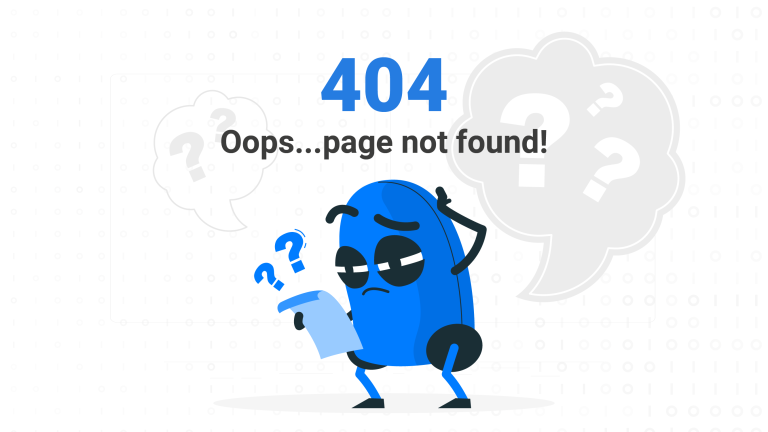Table of Contents
Written by Sam Middlehurst, Chief Executive Officer at admiral.digital
We help sports organisations build a data strategy. We make it simple to understand the importance of data transformation, data acquisition, and data activation in order to drive the monetisation of digital audiences.
Often, this requires a shift in approach from acquisition to retention, moving the focus further down the funnel.
The goal of a retention approach is to grow fan / customer engagement, loyalty, and revenue over time. In the world of ecommerce (which is where admiral.digital cut its teeth), this is essentially a customer lifetime value (LTV) mindset.
Why is this important?
As economic headwinds put pressure on the traditional business model of sports, there is much talk in fancy sports boardrooms about the importance of “digital commercialisation of fan engagement” or “monetising digital audiences”.
But what does this really mean? We see this as an investment in strategic marketing capabilities to leverage first-party data to create business value.
Where should one start?
We often see sports organisations focusing their investment on data collection capabilities (technology platforms and tools) first, without being clear on how they will activate and use the data to drive commercial outcomes. This often leads to over-capitalised technology stacks, siloed data, and bottlenecks in data flows.
Put simply, if marketing and sales teams do not have clean, consolidated, reliable data to activate with, it is unlikely that investments in data collection capabilities will result in improved commercial outcomes.
We recommend starting with a data strategy to identify clear outcomes.
What outcomes should be expected?
Outcome 1, Data Asset Value
- Trust the data: Provide a single source of truth for downstream tools and teams.
- Know the fan / customer: Develop a 1-to-1 understanding of a fan / customer by connecting relevant data points to an individual user profile.
- Centralise audience segmentation: Understand the market value of audiences, reduce effort required to coordinate campaign segmentation, and enable best segments to easily be pushed into marketing and sales channels.
- Improve business intelligence: Improve measurement of the whole funnel by creating a consolidated view of data for granular analysis and insights.
Outcome 2, Performance Lift
- Improve conversion rates: Drive value from the best segments by focusing digital advertising and marketing channels on these segments.
- Increase revenue per fan / customer: Improve targeting of customised offers to segments showing high purchase intent.
- Improve fan / customer retention: Increase satisfaction and loyalty by making up-sell and cross-sell opportunities easily accessible.
Outcome 3, Operational Savings
- Automate marketing and sales activities: Understand customer journey(s) over time and build in automation flows to reduce effort to engage fans / customers.
- Improve GDPR compliance: Provide better operations around zero-party and first-party data.
- Reduce digital advertising budgets: Grow owned audiences to reduce acquisition budgets over time and focus marketing activities on retention and monetisation.
With the outcomes clear, we work backwards to identify any bottlenecks and pain points in the existing data ecosystems.
How to identify pain points in data ecosystems
To do this, we ask 4 simple questions:
- Understanding – Do we know what is needed from marketing, technology, and data to achieve the outcomes?
- Capability – Do we have the resources (expertise, people, and budget) to execute sustainably?
- Processes – Do we have a documented process and system to execute consistently?
- Measurement – Do we know what to measure and report against to evaluate progress?
Working through these questions enables us to develop a clear strategic framework together with our clients for solving any bottlenecks and providing a clear implementation roadmap to achieving target outcomes.
Let us help you take the first step towards improving your sports organisation’s fan / customer engagement and revenue. Schedule a consultation at hello@admiral.digital to learn how to build a suitable data strategy.







